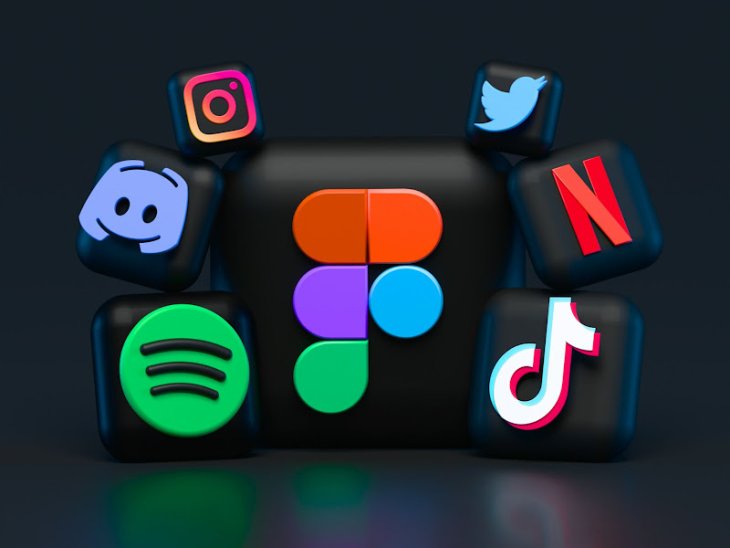Currently, it seems like there is an unhealthy dose of doom and gloom in the U.S. in relation to the economy and personal finances. Indeed, with things like soaring mortgage rates and the effects the COVID-19 pandemic has had, many people are struggling to manage their finances.
We understand this and with California being one of the most expensive states to live in, we want to help. We get that money management can be difficult, but a key to tackling this is to create a water-tight budget and manage it effectively.
Below, we discuss simple ways you can fix your finances and offer a plan to build a budget that works for you and that allows you to keep on top of your payments, while also putting money aside for things like home improvements and holidays.
Take Stock of Your Current Financial Situation
Before you do anything you must be 100% clear on what your household brings in and pays out each month. First, assess your income and get a clear picture of your wages and any benefits. With that sorted, you should then list your outgoings such as:
- House (ent or mortgage)
- Home bills, including utilities and food
- Car (insurance, tax, fuel, service)
- Healthcare
- Dental care
- Pets
Make sure that you include every outgoing payment, even if it seems irrelevant. At the end of the day, it’s still something you have to pay and need money to cover it.
Create a List of Your Fixed and Variable Spending
With all your payments outlined you need to split them into fixed and variable and then you can make sure you have enough cash each week/month to cover them. It could be an idea to create a spreadsheet using Google Sheets to list all these payments.
Fixed Spending
Fixed spending includes things that have a set payment each week or month. These are typically high-importance and it’s essential you budget accordingly for them. Examples include your mortgage or rent, utility bills, grocery bills, health insurance, and vehicle maintenance.
Variable Spending
Variable spending could be unexpected things, or payments that can change on a weekly or monthly basis. This is where platforms like the My Canada Payday website can help if you have a shortfall such as a delayed pay cheque, or a random bill like a car repair.
Examples of other variable outgoings could be fuel, medical bills, food bills, eating out, gifts, new school clothes for your kids. Where there isn’t a fixed monthly amount, we recommend trying to create an estimate of how much the outgoing typically costs. For example, if you spend $30, $40, $20, $35 on fuel over four weeks, you could set the budget amount to $31.25 per month.
Create a Plan for Savings and Investments
Once you have covered your fixed and variable outgoings you should be able to see what money you have left each week or month. We like to call this free money; you can do what you want with this cash as you know your bills and payments are sorted. It is a great idea to set aside a portion of this free money for savings and investments to build for your future.
Savings
Most people build up a chunk of money in secure savings funds. Unlike investments, there is no risk in savings accounts (providing you use reputable financial organizations who protect your money).
It’s advisable to look for high interest savings accounts that offer interest rates above the typical average. Oftentimes these might be fixed-term accounts, or accounts that you can only access several times per year; you can see some examples here.
Placing a portion of money into a savings account offers a no-risk way to build your finances and save for the future. This money could be used for unexpected expenses, holidays, or home purchases, for example.
Investments
Investments typically carry more risk than savings but can yield better rewards. Consider things like stocks and shares or other business investment opportunities that arise. We recommend only using a small portion of your free money for investments due to the inherent higher risk.
Review and Adjust Your Budget Regularly
Bills change and prices increase. While your budget may have been accurate last month, this month something might be different. This is why you need to monitor your budget regularly; if possible, on a weekly basis. Make sure that you have set money aside for your bills, that the amount you are saving is right for the payment amounts, and that you are monitoring how much you put away for savings, etc.
Get Control of Your Finances and Become a Budgeting Expert
By following this guide, you can get control of your personal finances and primarily make sure you always have enough money to pay bills and other expenses. A budget also helps you combat things like rent increases, inflation, and unexpected payments.
At the same time, you can clearly see what free cash you have left each month which can then be used to enjoy your life or save for the future. The key is to be disciplined and account for every expense, no matter how seemingly small or insignificant.





















